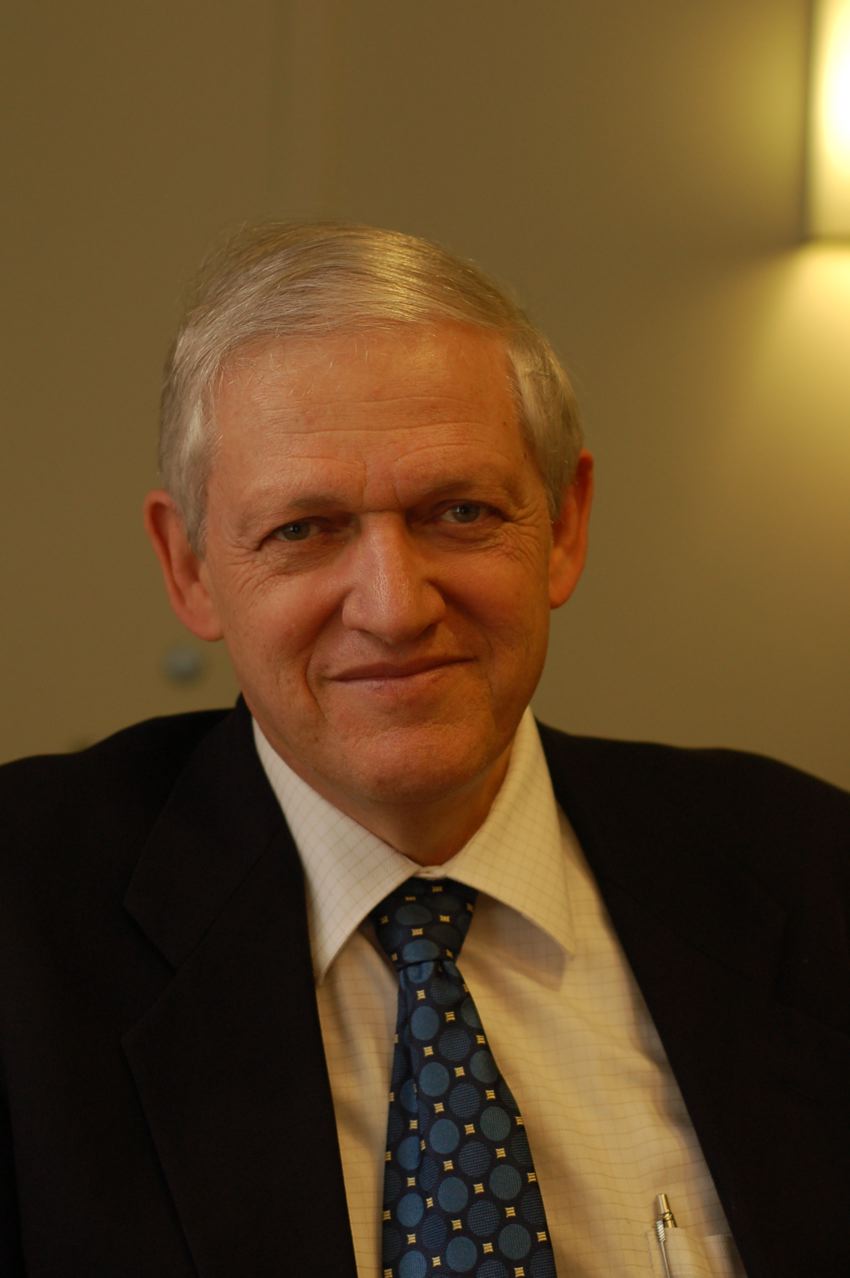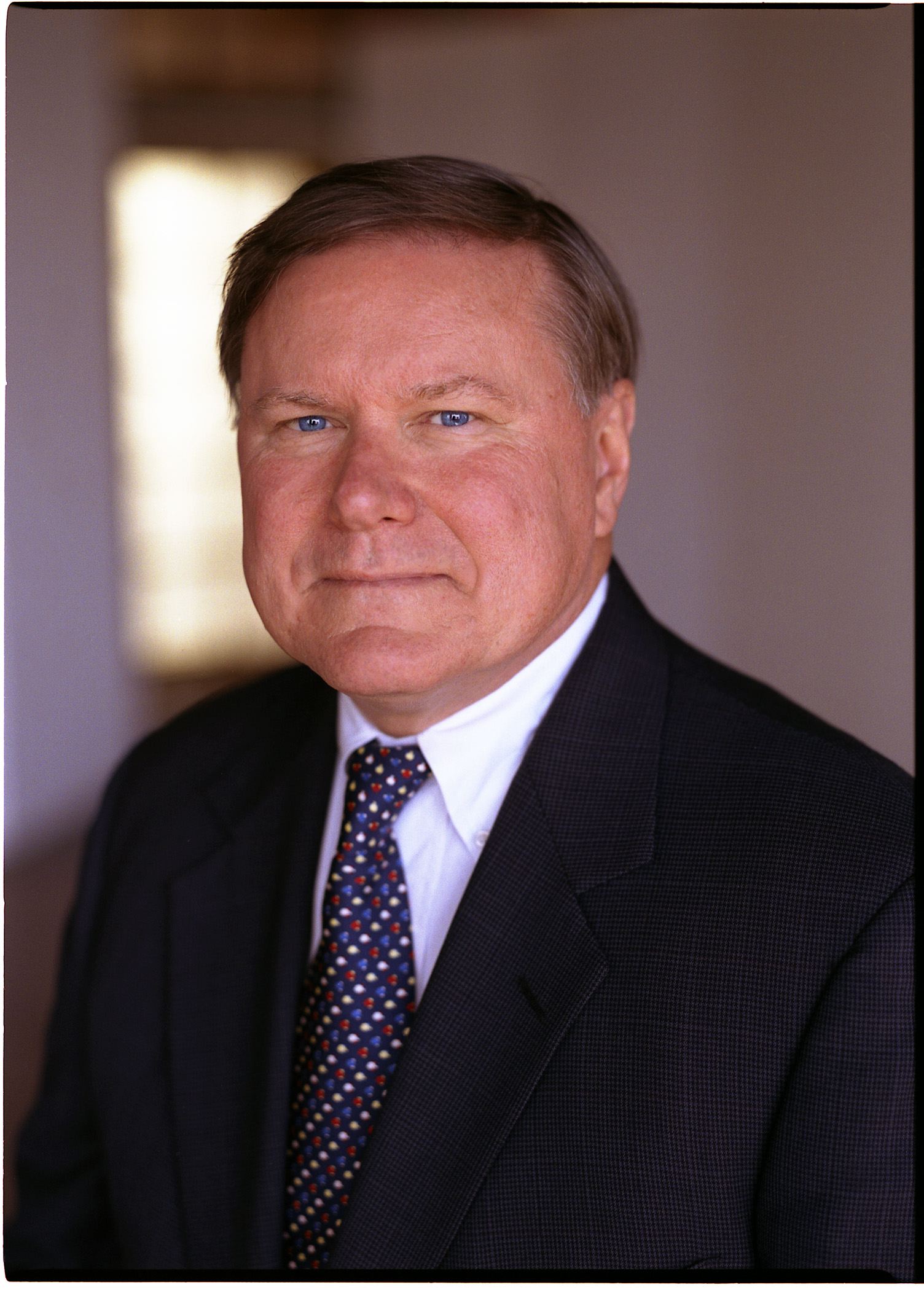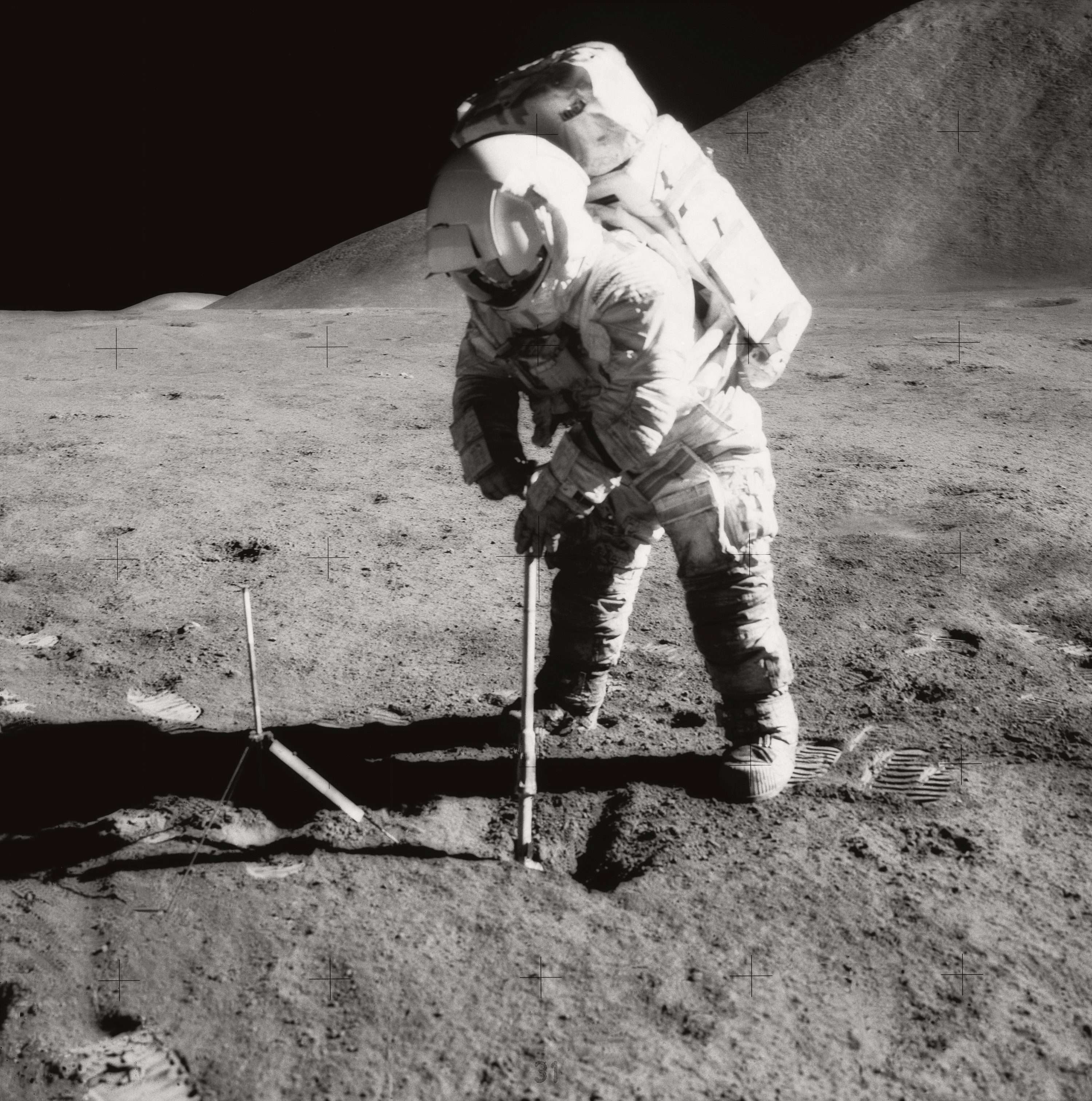Don Cohen, Managing Editor
In his “Knowledge Notebook” piece, Laurence Prusak notes that the past experiences of organizations influence how they behave now and how they will behave in the future.  The truth of this is complex. It means that what an organization learns from its successes and failures— both technical knowledge and knowledge about how to organize work—can be put to use, past accomplishments serving as the foundation for future ones. It also means that unproductive old habits and beliefs tend to persist even when the damage they do is recognized. As Stephen Johnson suggests in “Success, Failure, and NASA Culture,” elements of organizational culture are often the root cause of failures, but culture is hard to understand and change.
The truth of this is complex. It means that what an organization learns from its successes and failures— both technical knowledge and knowledge about how to organize work—can be put to use, past accomplishments serving as the foundation for future ones. It also means that unproductive old habits and beliefs tend to persist even when the damage they do is recognized. As Stephen Johnson suggests in “Success, Failure, and NASA Culture,” elements of organizational culture are often the root cause of failures, but culture is hard to understand and change.
Still, Prusak is right that understanding the past is essential preparation for the future. This issue of ASK, which commemorates NASA’s fiftieth anniversary, is one attempt among many to look at and learn from the space agency’s first half century. Some of what you will find here is pure celebration. That is appropriate, because great achievements should be celebrated and because the joy of achievement is one of NASA’s essential and defining strengths. Some of the articles here take a hard, analytical look at what the Agency has been as a way of exploring what it needs to become to accomplish its new mission. Some practitioner stories of past projects offer advice that can be applied to future work.
So what do these articles teach us? One repeated theme is the influence of the political and social context on the space agency’s work. NASA is in the business of solving technical problems, but it would be a mistake to think that technical solutions are the sole or even the main source of the shape and success of projects. James Burke’s description of competition with the Russians in the late fifties and early sixties and Jim Odom’s “Lessons from Shuttle Development” are among the articles that show how powerfully politics affect budgets, schedules, and even the goals of missions. In the Apollo era, the Cold War space race meant that NASA programs were very well-funded but under tremendous schedule pressure. After the United States won that race, financial support weakened, leading to changes in the shuttle design and the successes and failures of “faster, better, cheaper.” Among their other skills, successful program and project managers need the ability to read the political situation, as well as the determination and flexibility to find new ways to achieve their goals when external factors threaten their plans.
The contribution of good management to project success is additional proof that creating technological marvels is not just a technical challenge. Johnson points to the essential role of project management and systems management expertise in NASA’s early achievements. In “Lessons from the Past,” Howard McCurdy attributes the Agency’s success in landing men on the moon to technical expertise, excellent management techniques, and effective relationships with contractors. And Kerry Ellis’s article on Viking shows how strong, smart leadership and good teamwork are vital to success. Landing on Mars and sending back pictures and information from the surface required technological innovation but also innovation in management, such as the creation and use of a data system that helped members of the large project team share information.
The value of skilled management is a familiar ASK theme. So is the importance of learning and knowledge exchange. NASA must be a learning organization because so much of what it does has never been done before. It has to learn new things to do new things. Several articles make clear that we learn best from hands-on experience. In his recollection of being a young engineer at Marshall in the early sixties, Glen Robinson talks about how much he learned working on rocket test stands and how much he learned from people who had little advanced education but lots of practical experience. Greg Lofgren tells how doing geology on Earth prepared Apollo astronauts for doing it on the moon. Ed Hoffman’s brief history of project management development at NASA emphasizes the importance of making the real experience of practitioners the basis of what is taught about managing projects. Jim Odom recalls how valuable it was to have engineers with Apollo experience working on the shuttle and argues for a smooth, well-planned transition to Constellation that will similarly draw on expertise developed over decades of shuttle and International Space Station work.
Looking to the future, many of our authors insist that finding ways to give engineers and managers more handson experience will be essential to NASA’s future. Some of the themes Prusak and I touch on in “NASA and the Future of Knowledge”—respect for local knowledge, the value of personal networks as knowledge sources, and understanding how learning happens—are implicit in these stories of knowledge and learning.
Several articles here consider NASA’s history of scientific discovery. Beginning with Explorer 1, launched before NASA came into existence, doing science has been an integral part of the space program. Noel Hinners and James Garvin draw on their long experience of space science to describe the factors that contribute to successful scientific missions and the decisions that must be made to do the best possible science within the constraints imposed by financial and engineering realities. Scientist-astronaut Joe Kerwin details the important medical research done on Skylab, and MIT’s Laurence Young argues for the medical research he believes should be done at the planned lunar outpost.
This issue of ASK is one small part of NASA’s fiftieth anniversary observations and barely scratches the surface of what the Agency has done in the past. I hope, though, that this brief look at some NASA experiences and accomplishments will contribute at least a little to its readiness to reach its goals for the future.








